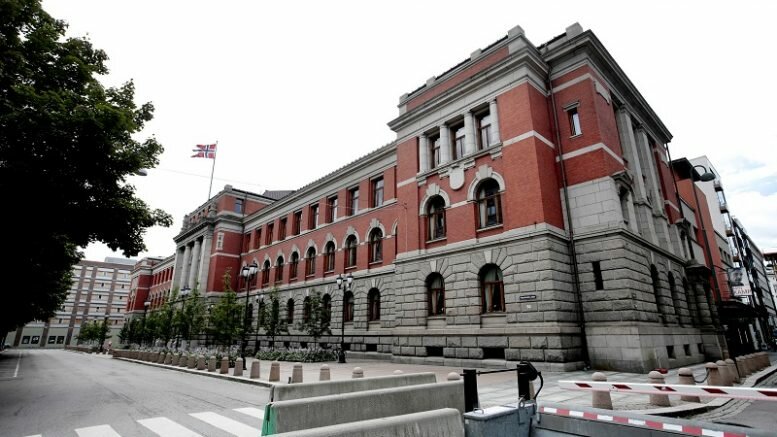Two men convicted of using forced labor in horticulture
Two men in their thirties and sixties have been sentenced to prison by the Supreme Court for exploiting Indian seasonal workers as forced laborers in two horticultural centers in Eastern Norway.
Both men are also convicted of other serious criminal offenses. The man in the 30’s was sentenced to four and a half years in prison, while the man in the 60’s was sentenced to imprisonment for three years and two months. The verdicts are somewhat milder than in Court of Appeal.
The verdict is of importance for the interpretation of the Criminal Code’s Prohibition of Trafficking and Forced Labor. It also provides guidance on the level of punishment in case of such crime, states the Supreme Court.
Voluntary agreements
The court points out that the Indian seasonal workers entered into voluntary agreements for work in Norway before coming to the country.
They volunteered to come back from India several times to work in the Norwegian horticulture, and physical force was not used towards them. Nor were they detained, blocked, or directly isolated from the outside world, nor threatened or tricked into Norway on false premises.
Nevertheless, the Supreme Court states that three Indian seasonal workers were used for forced labor there at the gardens.
“They were grossly underpaid, had to withstand very heavy working and living conditions, and had little real freedom of action and freedom of movement,” the Supreme Court writes in the verdict.
Forced labor similar to trafficking
The court points out that cases of forced labor are different, but this case is similar to social dumping. As it is a trafficking in human beings, the punishment must be strict.
A third person detained in the court of law for gross human trafficking appealed to the sentence on a one-year prison for gross economic fraud. This appeal was not allowed by the Supreme Court.
© NTB Scanpix / Norway Today





